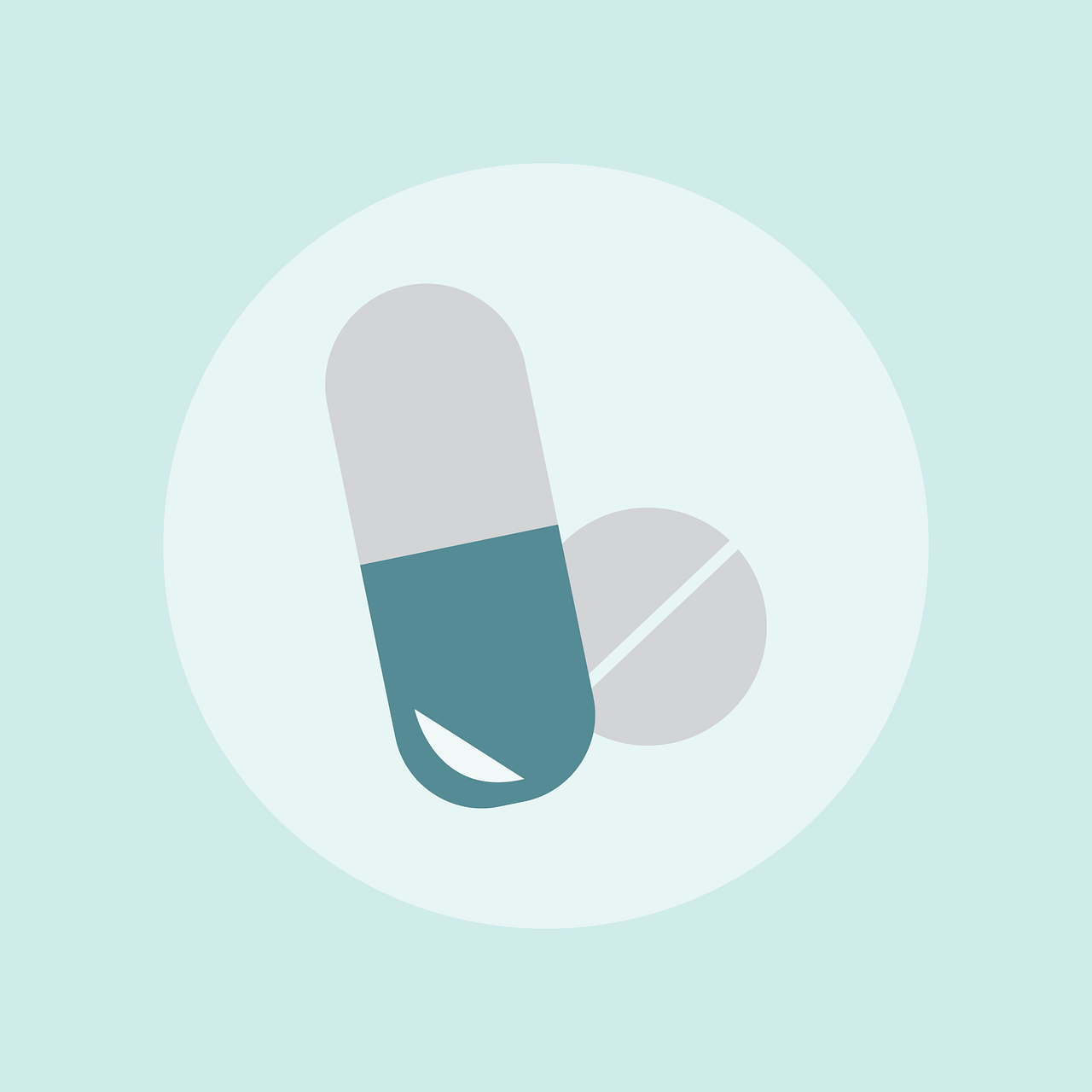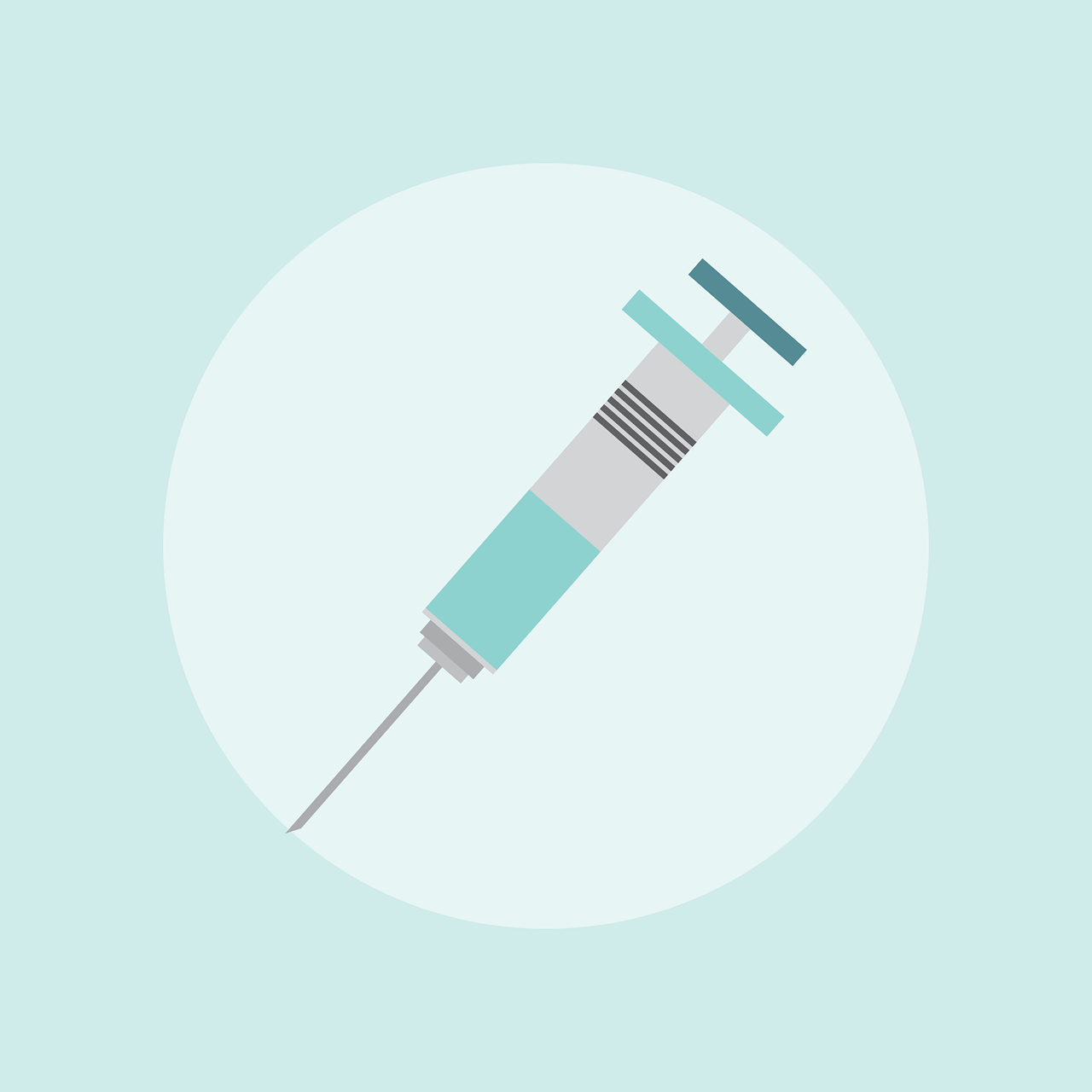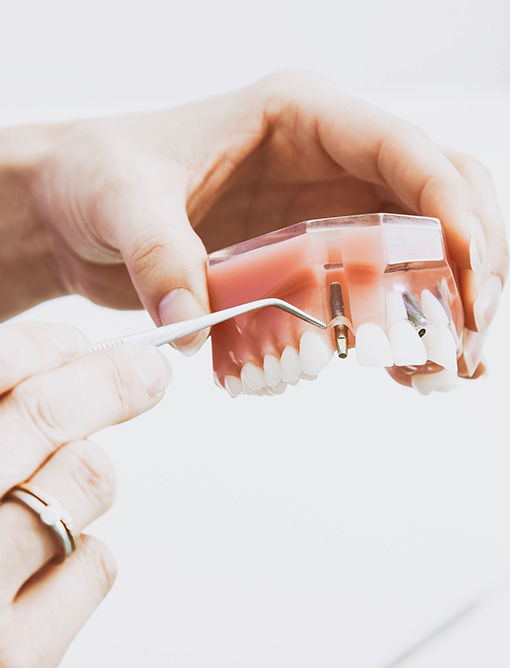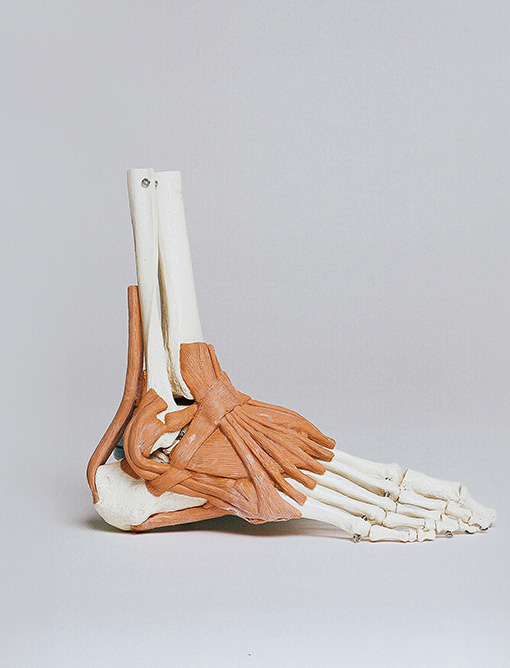Living With
Cancer Pain: What Helps?
Pain can be part of having cancer, but you don’t have to take it. Just like doctor appointments and tests, managing pain is another way to take control of your treatment.
When you're in pain, it can affect everything from your sleep and appetite to the simplest tasks in your daily routine. Pain can also affect your emotions.
Speak up about your pain. Your doctors will want to know. It could be a sign that you have an infection, your cancer has spread, or there's a problem with your cancer treatment.
You're the only one who knows how cancer pain feels in your body. You’ll want to understand it, know how to communicate about it, and get the relief you need to live your life.
Causes
Cancer pain has many sources. It sounds simple, but it's often caused by the cancer itself.
When cancer grows and harms tissue nearby, it can cause pain in those areas. It releases chemicals that irritate the area around the tumor. As tumors grow, they may put stress on bones, nerves, and organs around them.
Cancer-related tests, treatments, and surgery can cause aches and discomfort. You may also feel pain that has nothing to do with cancer, like normal headaches and tight muscles.
Types
Each person is different. How you experience cancer pain depends on the type you have, its stage, and whether you have a low or high tolerance for pain. Most people with feel it in one of these three ways:
• Acute pain: Imagine that you've been punched in the stomach. It hurts a lot at the beginning then eases off quickly. Acute pain tells your body you've been injured and heals as you do.
• Chronic pain: This kind of pain hangs around a long time. It can be a low throb or sharp and affect your life in many ways. Although it won’t completely disappear, you can manage it with pain medication.
• Breakthrough pain: If you treat chronic pain with medication, you may still feel a flash of pain every once in a while. This is called “breakthrough pain” because it breaks through the effects of your medication. It often happens quickly, lasts a short time and can feel very strong.
Tell Your Doctor
Your doctor may not always ask if you're feeling pain. It's up to you to say what hurts and ask for help.
If you have religious or cultural reasons to be concerned about taking medicines, share that. Set aside any worries you may have about looking weak. It’s actually a sign of strength to say how you feel. And you deserve to feel as good as possible.
Before your appointment, keep track of your pain so you can be as detailed as possible with your doctor. Use these questions as a guide:
• Where do you feel the pain?
• What does it feel like? Sharp or dull? Burning or throbbing? Shooting or steady?
• On a scale of 1 to 10, with 1 being the lowest, how strong is the pain?
• How long does it last? A few minutes? Three hours? All day?
• What makes it feel better? When you lie down? Putting heat on it? Massaging the area?
• Does it change with treatment?
Take your answers and all prescriptions, vitamins, and over-the-counter drugs with you to the appointment.
How Your Doctor Can Help
You've done your part. Now it's time for your doctor to do his. Removing the cancer with surgery, chemotherapy or radiation is the first option to explore. If those aren't possible -- or you're waiting to have a procedure -- prescription medication can control the pain.
Medicines for pain fall into three categories:
• Over-the-counter and prescription. You'd take these for mild pain, fever, or swelling. Common forms include acetaminophen, aspirin, ibuprofen, and naproxen.
• Weak opioid. One example -- codeine -- can be found in prescription-strength cough syrup.
• Strong opioid. As the name suggests, these are the most powerful. Examples include fentanyl, methadone, morphine, hydromorphone (Dilaudid) and oxycodone (Oxycontin).
You can take many opioids by mouth, in pill or liquid form. Some can be put inside the cheek or under the tongue.
If you can't take medications that way, you may be able to take them through an IV, suppository or skin patch.
Any time your doctor gives you a new medication, make sure you know how much to take, how often to take it, and how long it takes to work. To make sure you get the most out of every dose, ask your doctor those questions and and a few more:
• What are the side effects?
• If the pain doesn't go away, should I call you before taking more than my normal dose?
• How long will this prescription last?
• Should I take it with food?
• What if I forget to take it?
• What other drugs can I take with this?
What Else Works?
If medicine doesn't help enough, doctors may try a treatment to stop pain messages from getting through.
When pain doctors inject medication in the nerve or spin to relieve pain, it's called a nerve block. Transcutaneous electric nerve stimulation (TENS) involves a small power pack that uses a light current to offset pain. You can attach it to yourself or carry it with you.
There are plenty of nonmedical treatments as well. Relaxing, distraction, and getting massages send positive messages to your body. You could also try acupuncture, hypnosis or biofeedback, which uses a machine that gives information to help you control your body. If your body is up for it, check out methods like yoga, tai chi and reiki. Meditation, prayer, and the company of loved ones may also help you get through, moment by moment.
Click here for Download pdf of patient information
Click here for Download pdf of prescribing information

Cytarabine Uses
This medication is usually given by injection into a vein by a health care professional. It may also be given by other methods of injection depending upon your medical condition.

Cytarabine Side Effects
Nausea, vomiting, loss of appetite, diarrhea, headache, dizziness, and pain/swelling/redness at the injection site may occur. Nausea and vomiting can be severe.

Cytarabine Precautions
Using cytarabine, tell your doctor or pharmacist if you are allergic to it; or if you have any other allergies. This product may contain inactive ingredients, which can cause allergic reactions or other problems.
For Free & Detailed solution: Contact our Experts 24/7
Our Services
Cytarabine is used to treat various types of cancer. It is a chemotherapy drug that works by slowing or stopping cancer cell growth.
We would like to give you an overview of Taj Pharmaceuticals: our background, organization, products, core belief and prospects.
This section displays common question about the Cytarabine Solution for injection or Infusion.
Cytarabine Image Gallery





